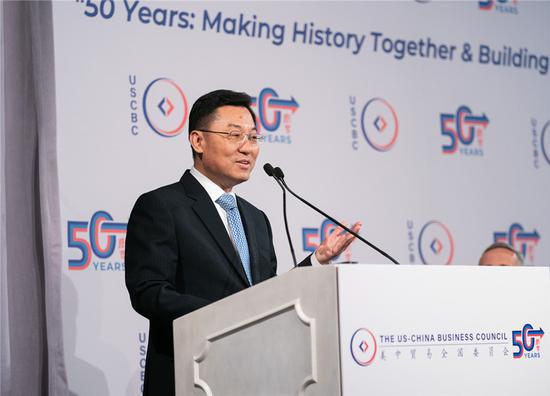
Chinese Ambassador to the United States Xie Feng speaks at a welcome event hosted by the US-China Business Council in Washington on Wednesday. (Photo provided to China Daily)
If the international situation is to improve, China-United States relations must stop getting worse, and Beijing is ready to work with Washington to "defuse the flash points" and bring the relationship back to the right track, China's new ambassador to the U.S. said on Wednesday.
A pressing task is to bring the Taiwan question, the greatest risk, under control, Xie Feng said in a keynote speech at a welcome reception hosted by the U.S.-China Business Council, in which he also set out his views on high-level interaction between the two countries.
Xie said that since his arrival two weeks ago, he has reached out to people from all walks of life in the U.S., only to find their biggest concern is about the two countries slipping into conflict and confrontation, and their greatest hope is for the relationship to stabilize.
"No one wants peaceful reunification more than China does. We are also the last that wants tensions or warfare across the Taiwan Strait," he said.
The envoy said that it is not the Chinese side that simulated war games, changed the status quo or stoked a crisis. The Taiwan authorities are seeking U.S. support for their "independence" agenda, while some in the U.S. are proposing to use Taiwan to contain China.
"At present, the most fundamental thing is to fully and faithfully adhere to the one-China principle; the most important is to abide by the three joint communiques with real actions; and the most pressing is to match words with deeds and oppose adventurism and provocation by 'Taiwan independence' forces," he said.
Xie said the three principles of "mutual respect, peaceful coexistence and win-win cooperation", proposed by President Xi Jinping, represent the fundamental and right way for the two countries to get along in the new era.
He said that China is ready to work with the U.S. side to "follow the right direction, enhance dialogue and cooperation, defuse the flash points, and take concrete actions to deliver on the common understanding between the two presidents", to get relations back on the right track at an early date.
Xie was referring to the consensus reached between President Xi and U.S. President Joe Biden during their face-to-face meeting in Bali, Indonesia, on Nov 14, after they spoke in five phone or video calls since January 2021.
The U.S. has recently expressed its intention to increase high-level contacts and return to the Bali agenda, and has also expressed the hope to find a way to lower risk and stabilize and improve the relationship, according to Xie.
The Chinese side takes these statements seriously and has made a positive response, Xie said.
Last month saw meetings between Wang Yi, director of the Office of the Foreign Affairs Commission of the Communist Party of China Central Committee, and U.S. National Security Advisor Jake Sullivan, Chinese State Councilor and Foreign Minister Qin Gang and U.S. Ambassador to China Nicholas Burns, and Chinese Commerce Minister Wang Wentao and U.S. Commerce Secretary Gina Raimondo.
Each of these meetings was "candid, in-depth, substantive and constructive", Xie said.
Citing a Chinese saying, "Good faith makes good things happen," Xie said that dialogue should be based on mutual respect and aim for real results.
"It surely is not the right way to seek dialogue and cooperation while putting the other side on the sanctions list," he said. "Saying one thing but doing another could only bring unintended results."
He said that for high-level interaction, whole-process management is essential — fostering a good atmosphere in advance, accumulating outcomes in the process, and delivering on them afterward.
Commenting on the U.S. side's recent shift of focus from "decoupling" to "de-risking", Xie said that to some Chinese, there is no difference between the two, and they worry that "de-risking" may be just another name for "decoupling".
"Every country has national security to take care of, but national security is not an excuse for protectionism," Xie said. "If national security is used as a hammer, then everything will look like a nail."
At a White House daily briefing on Wednesday, Biden's press secretary Karine Jean-Pierre told reporters, "The president has said he wants to talk to President Xi."
U.S. media have reported that U.S. Secretary of State Antony Blinken planned to travel to China for high-level talks "in the coming weeks".
Asked about Blinken's plan, Jean-Pierre said the U.S. hoped that he can travel to China "when the time is right".











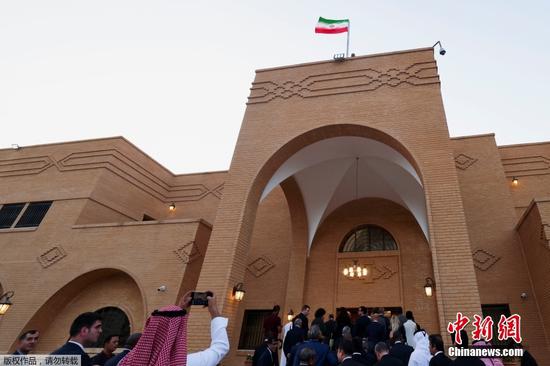
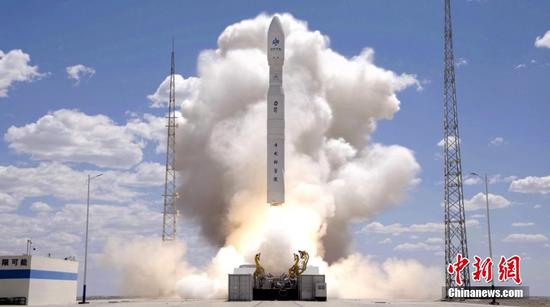





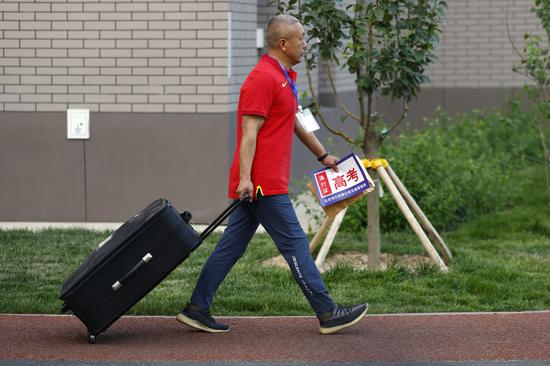



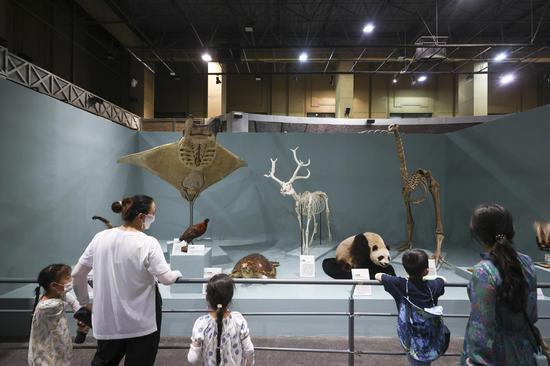
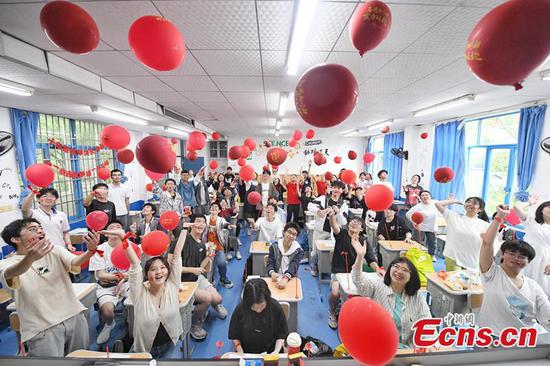
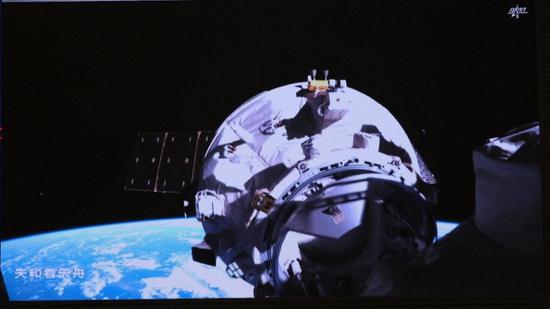



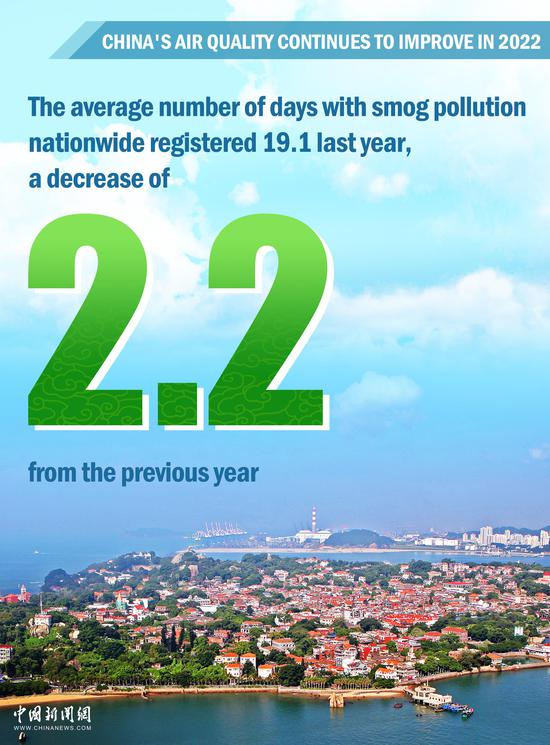


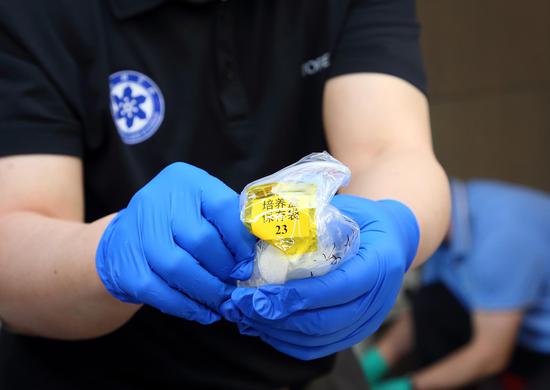


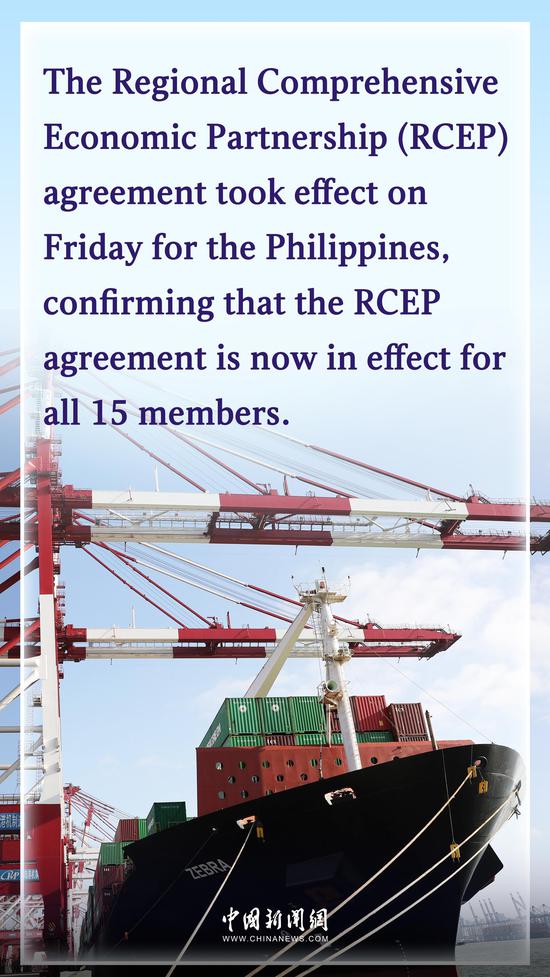

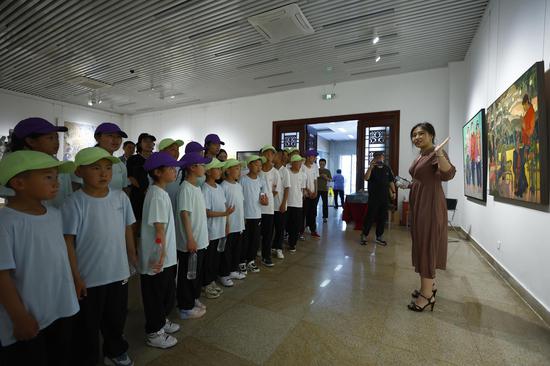


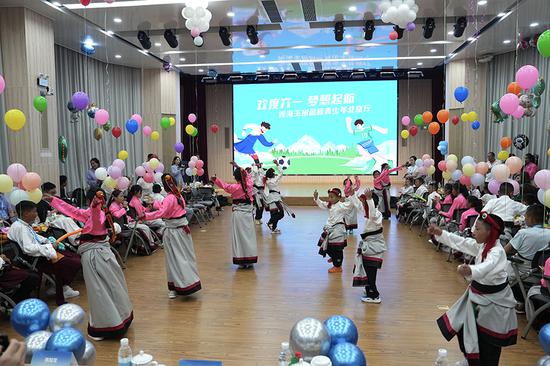
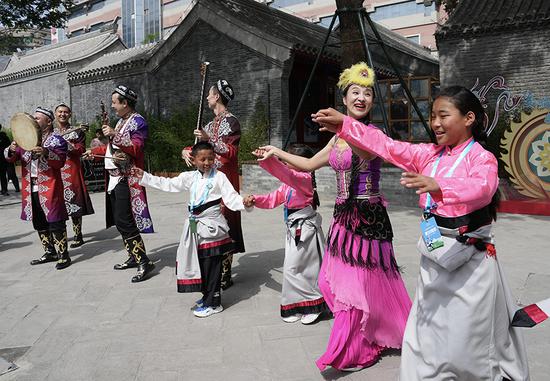
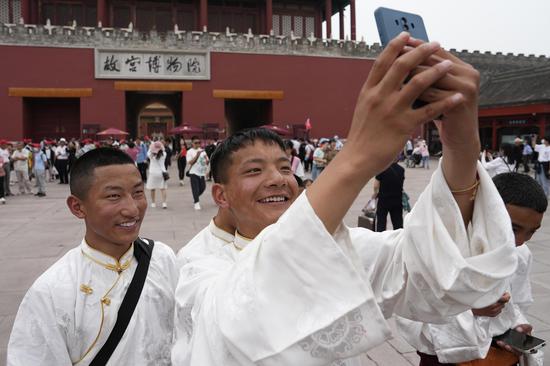
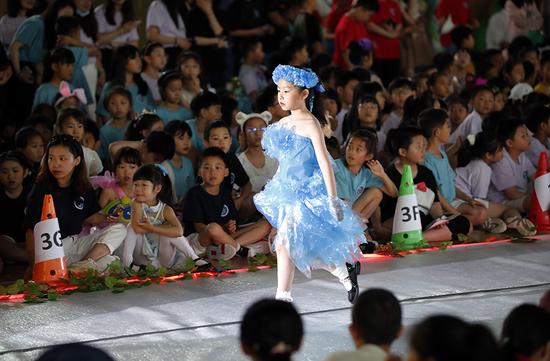
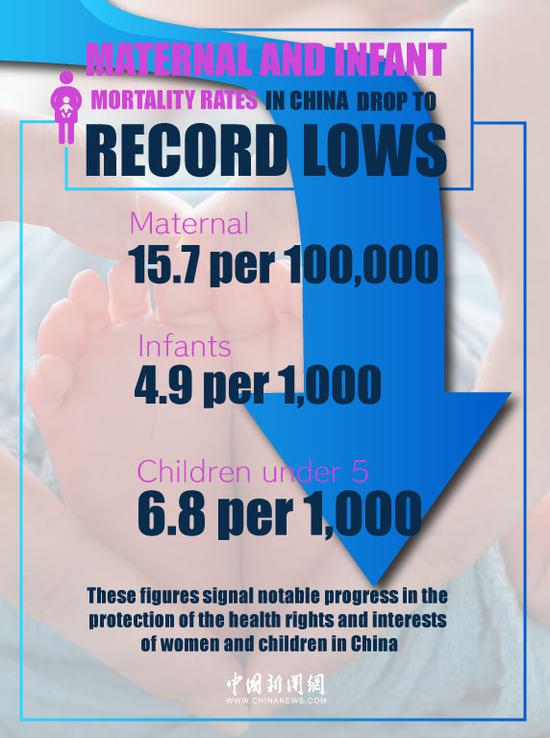






 京公网安备 11010202009201号
京公网安备 11010202009201号